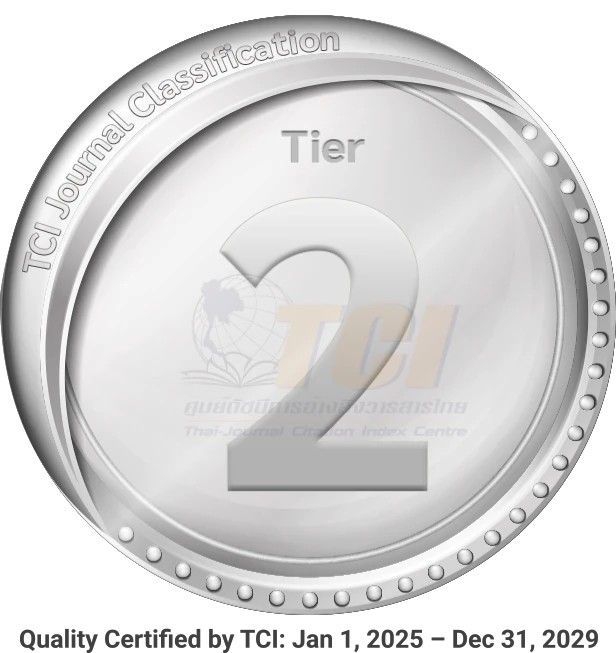The Effects of the MOOC-Based Flipped Classroom with Collaborative Writing on Chinese EFL Learners’ Argumentative Writing Abilities
Abstract
The study employed a single group pre-and post-test experimental research design to respond to two research objectives: 1) to examine the effects of an instruction incorporating MOOC-based flipped classroom and collaborative writing on the argumentative writing abilities of university students, and 2) to explore the students' opinions towards this instructional method. Participants included 30 English majors from a university in China, with the research spanning ten weeks of the second semester in the 2022 academic year. Research instruments included pre- and post-test of argumentative writing, instructional materials and lesson plans, and questionnaire. All the research instruments were verified for their content validity and reliability. Pair-sample t-test and effect size were conducted to compare the difference between the mean scores of the pre-test and post-test scores of the argumentative writing to examine the results of the instruction. Furthermore, the close-ended questionnaire responses were subjected to descriptive analysis and the open-ended questionnaire items underwent content analysis to explore the participants’ opinion towards the instruction. The results from the pretest (M=5.367; SD = 0.49) and post-test (M = 6.74, SD =1.11) of students' argumentative writing indicate that the instructional MOOC-based flipped with collaborative writing resulted in an improvement of students' argumentative writing t = -9.687, p >0.05. The Cohen's d effect size was calculated and showed a Cohen's d value of 0.8 confirming the effect of the instruction of a large effect (Cohen, 2013). The closed-ended part of the questionnaire indicated the participants’ positive opinions towards the instruction with the total mean score of 4.17, S.D. = 1.23. It should be noted that although the participants seemed to enjoy the course and their writing practices collaboratively, 70% (21 out of 30 students) have revealed an individual concern based on the open-ended questionnaire discussing their individual obstacles, including starting and organizing the essay as well as using proper language. As for pedagogical implications, it may be concluded from the findings that writing instructors should integrate innovation with writing instruction, foster a supportive and interactive learning environment online that maximizes students’ potential for learning how to write argumentative writing, both collaboratively and individually.




